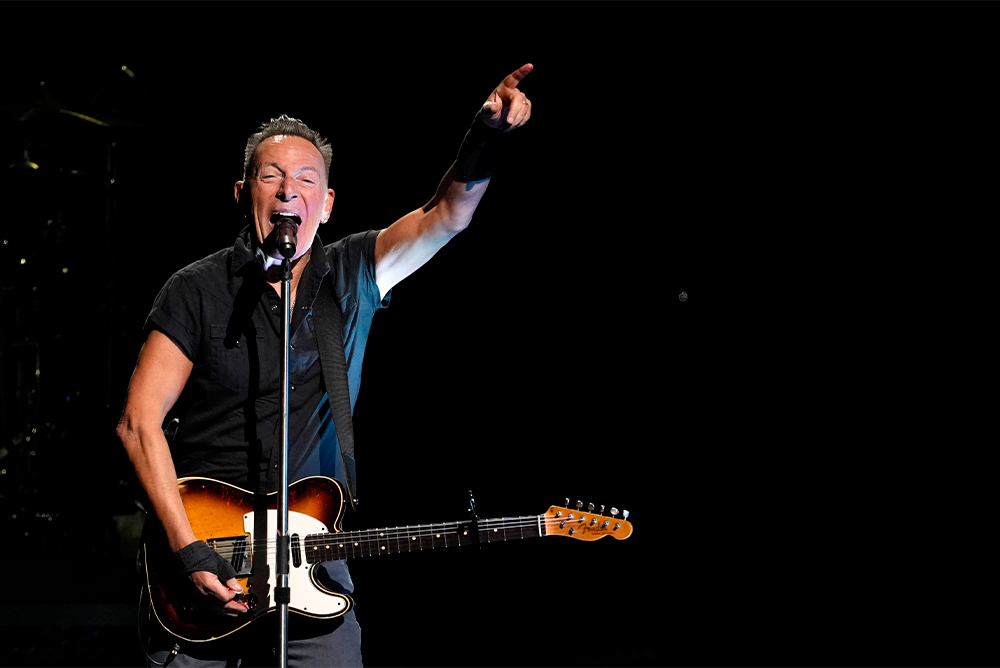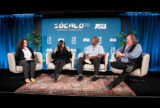What Bruce Springsteen Taught Me Then—And Teaches Me Now
On 40 Years of Listening to the Sonic Squall from the Boss’s Soul
Bruce Springsteen was the first artist I saw in concert—in 1976, when I was 15. He had recently graced the covers of Time and Newsweek, and journalist Jon Landau, who would later become his manager, had dubbed him “the future of rock ‘n’ roll.” His early Dylan-esque reveries of streetwise characters on the margins, songs like “Sandy” and “Spirit in the Night,” felt lived-in and alive, and evoked charm and scruff. By the time he came out with 1975’s Born to Run, his music’s ever-bigger sound propelled working-class frustration and …










